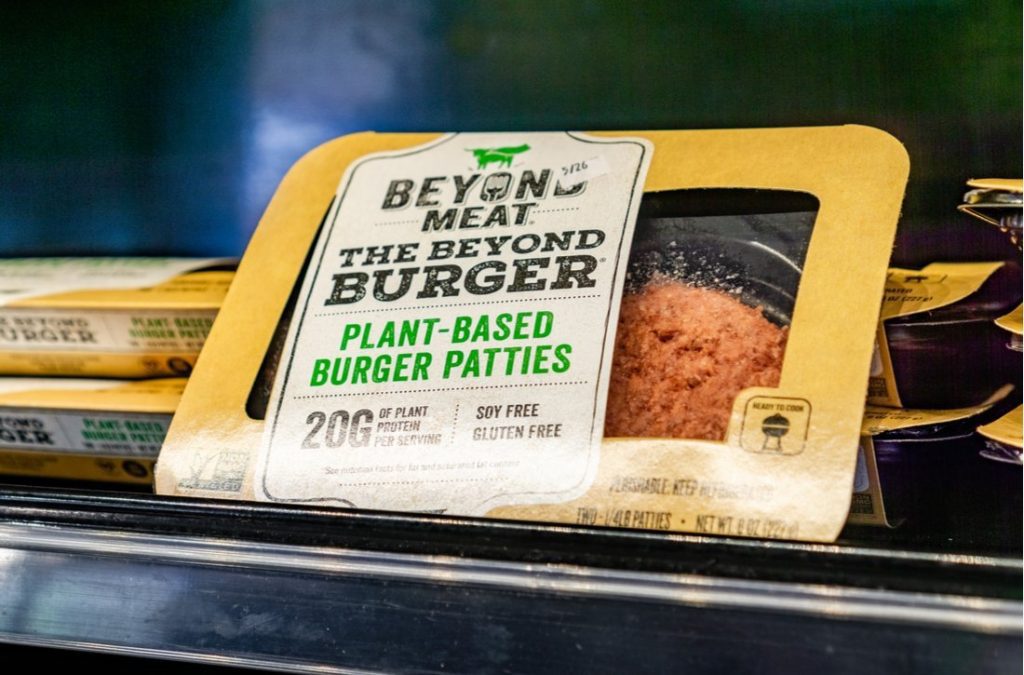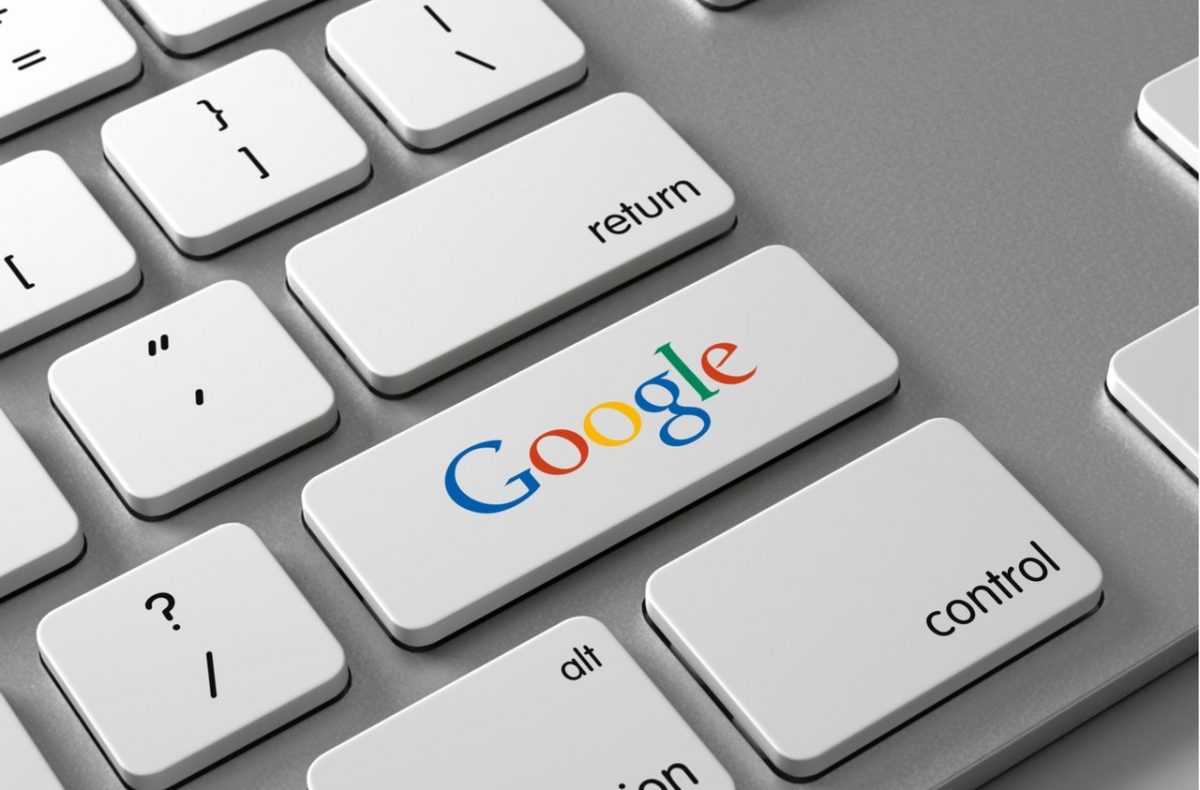Well, can you?! If recent trademark battles have taught us anything, it’s that IP law is a flexible and complicated thing, which means the answer to that question is a resounding…sometimes.
But since we know that couldn’t possibly satisfy your burning curiosity, we’re going to dig into things a bit further. If you want to know what type of nouns can be trademarked and which ones can’t (and which nouns will get you laughed out of court for even trying), read on.
We’d love to say that TrademarkLaw.Sucks, but it doesn’t—it’s just complicated! That’s why we’re here to break it down for you.
The Flexibility of Trademarks

Where, when, why and how you use the thing you want to trademark—a name, a phrase, a color—all help to determine whether it can be protected by U.S. law. Seems easy, right? Not so much…
That’s because trademark law is entirely based on context. But the main thing you need to know is this: in order to claim legal ownership of something, it cannot be considered “functional”. For example, you can trademark a color or pattern that’s used on an umbrella, but you can’t trademark the shape or fit of the fabric, since that has an impact on how the product is used (i.e. its function).
However, even bizarre qualities like shapes and sounds can be trademarked under the right circumstances. Coca Cola trademarked its bottle shape; NBC trademarked the succession of three chimed notes that plays during its broadcast; and back when The Simple Life was airing, Paris Hilton successfully trademarked “that’s hot”—but it’s only protected under certain circumstances.
So to reiterate, yes, nouns can be trademarked…sometimes.
Rules and Their Exceptions

Trademark trials and tribulations are common, and there’s always something we can learn from observing other companies’ disputes. Here are a few examples of how things can go wrong:
1. What is Meat?
With
vegetarianism and veganism on the rise, many food production companies
are creating meat substitutes that mimic the real thing—and some like
Beyond Meat even go so far as to use the noun in their product names and
descriptions.
But cattle ranchers and farm bureaus are fighting against this, claiming the word “meat” cannot be used if it relates to a product that isn’t…well, meat. Vegan alternatives for milk and eggs can make use of said nouns, despite their products being anything but. The meat industry, however, is refusing to go the same way.
Who will win the right to use “meat”? Will it go the way of “milk” and “eggs” or will it set a new precedent? Only thyme will tell.
ATrademarkDispute.Sucks, but it’s the only way to suss out complicated issues like these.
2. Who Can Play?
Not long ago, “Let’s Play” was nothing more than an imperative. But that was before 2006, when the video game community began using the term to describe a type of gameplay in which players narrate and share their experiences of a game—while in the middle of playing it.
You can imagine, then, how unhappy people were when Sony tried to trademark the phrase in 2016; their bid to own “Let’s Play” (though ultimately unsuccessful) received substantial blowback from the video game community. Clearly, this uncommon noun had become too common to be owned by any one person or brand.
Maybe if the first person to use “Let’s Play” had worked faster to claim the trademark, they could have been the proper owner and taken action against those who tried to copy it. However, now that it has become widely ubiquitous on online platforms, it’s ineligible.
MissingYourShot.Sucks—remember to trademark things before they become public domain.
3. Why Can’t We Google It?
Since
trademarks need to be specific, they often include adjectives. They
describe a thing by allocating it to a certain brand and, hopefully,
speaking to its quality by doing so. “Bread” is a noun, so “Wonder
Bread” is an adjective-noun combo that can be trademarked.
So what happens when trademarks slip away from adjectives and become other types of language? Let’s look at Google. “Google” is a trademarked word that describes a particular search engine, developed and perpetuated by a single company. However, “Googled”, “Googling” and “to Google” have now become commonly used as verbs to describe the act of looking something up online.
But Google never wanted people to refer to searching things online as “Googled” or “Googling”. Why? Because the more people use it, the closer it shifts to becoming a common verb—something known as “genericization”—which makes it less likely to hold up as a piece of intellectual property in courts.
Genericization.Sucks, so make sure you don’t fall prey to it by accident.
The Takeaway
As always, trademark law is never easy. But it’s worth understanding the ins and outs of the system so that you can protect your brand and your reputation. Here are a few best practices to abide by:
- Capitalize your mark to make it stand out as a proper noun (e.g. Blistex)
- Don’t capitalize the types of products or services you offer (e.g. lip protection)
- Use the common noun(s) for which you are associated after your mark (e.g. Blistex medicated lip ointment)
- Use your mark as an adjective or noun, not a verb (e.g. never “Blistex your lips”)
- Be consistent and make sure your team and business partners are, too
ATrademarkMishap.Sucks big time—but you can avoid one by understanding the nuances of how your product names and descriptions can be protected.
Photo Credits: Shutterstock / Jane0606, Unsplash / Raphael Schaller, Shutterstock / Sundry Photography










